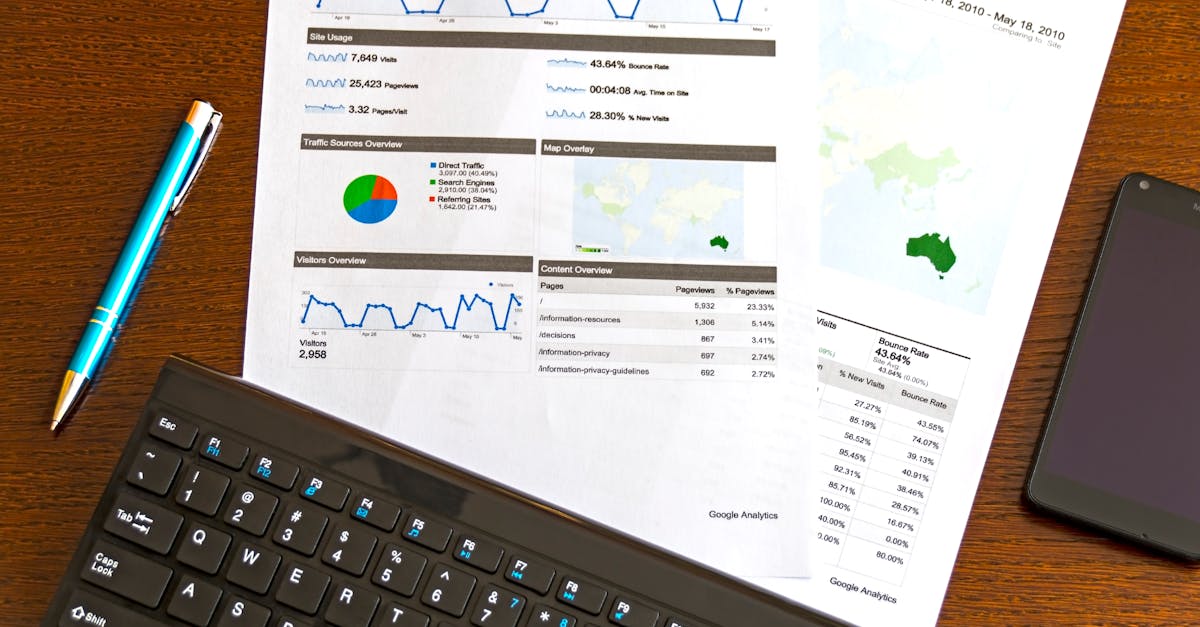In the competitive world of HVAC services, having a robust Customer Relationship Management (CRM) system is crucial. A well-implemented CRM can streamline your operations, enhance customer satisfaction, and ultimately boost your bottom line. In this article, we will explore the seven essential CRM features that every HVAC company should prioritize to ensure success.
| Feature | Description |
|---|---|
| Lead Management | Organizes and tracks leads from various sources. |
| Appointment Scheduling | Facilitates easy scheduling of service calls and appointments. |
| Customer Communication | Enhances interaction through emails, SMS, and calls. |
| Service History Tracking | Keeps records of all services performed for each customer. |
| Reporting and Analytics | Provides insights into sales, customer behavior, and operational efficiency. |
| Mobile Access | Allows technicians to access CRM on-the-go. |
| Integration Capabilities | Connects with other tools and software for seamless operation. |
Lead Management
Lead management is a fundamental feature that helps HVAC companies track and organize potential customers. With effective lead management, businesses can capture leads from various sources, such as website forms, social media, and referrals. This feature enables HVAC companies to prioritize leads, follow up efficiently, and convert prospects into loyal customers. A good CRM system will allow you to assign leads to specific team members, ensuring that no opportunity is missed.

Appointment Scheduling
Appointment scheduling is essential for HVAC businesses that rely on service calls. A CRM with a robust scheduling feature enables companies to manage appointments effortlessly. It allows customers to book service calls online, reducing the back-and-forth communication and enhancing customer satisfaction. Additionally, automated reminders can help reduce no-shows, ensuring that technicians are always busy and productive.

Customer Communication
Effective customer communication is vital for building strong relationships. A CRM system enhances interaction by consolidating communication channels, including emails, SMS, and phone calls, into one platform. This feature allows HVAC companies to keep customers informed about service updates, promotions, and follow-ups, fostering a positive customer experience. Furthermore, personalized communication can significantly improve customer loyalty and retention.

Service History Tracking
Keeping track of service history is crucial for HVAC companies to provide excellent customer service. A reliable CRM system allows businesses to maintain detailed records of all services performed for each customer. This information is invaluable for technicians during service calls, as it helps them understand previous issues and solutions. It also enables companies to identify patterns, suggest maintenance schedules, and offer tailored services to customers based on their history.

Reporting and Analytics
Reporting and analytics features provide HVAC companies with insights into their performance. A good CRM system will generate reports on sales, customer behavior, and operational efficiency. These insights allow businesses to make informed decisions, identify areas for improvement, and strategize for future growth. By analyzing trends, HVAC companies can better understand their market and customer needs, leading to more effective marketing and service offerings.

Mobile Access
In the HVAC industry, technicians are often on the move. Mobile access to a CRM system allows them to retrieve customer information, service history, and appointment details while out in the field. This feature enhances productivity, as technicians can update job statuses and communicate with the office in real-time. With mobile access, HVAC companies can ensure that their teams are always connected and informed, leading to improved service delivery.

Integration Capabilities
Integration capabilities are essential for HVAC companies that use various software tools for different operations. A CRM that can integrate with accounting software, marketing platforms, and service management tools provides a seamless experience. This feature ensures that all systems work together efficiently, reducing data entry errors and improving overall operational efficiency. By connecting different tools, HVAC companies can streamline their processes and focus more on serving their customers.

FAQs
What is a CRM and why do HVAC companies need it?
A CRM (Customer Relationship Management) system is a tool that helps businesses manage interactions with customers and potential customers. HVAC companies need a CRM to streamline operations, enhance customer service, and improve sales by organizing customer information and tracking service history.
How can CRM improve customer satisfaction for HVAC companies?
CRM improves customer satisfaction by enabling better communication, personalized service, and timely follow-ups. With access to service history and preferences, HVAC companies can provide tailored solutions and prompt responses, leading to happier customers.
Is mobile access important for HVAC CRM systems?
Yes, mobile access is crucial for HVAC CRM systems as technicians often work in the field. Mobile access allows them to check customer information, schedule appointments, and update job statuses on-the-go, enhancing their efficiency and productivity.
What should HVAC companies look for when choosing a CRM?
HVAC companies should look for features such as lead management, appointment scheduling, customer communication, service history tracking, reporting and analytics, mobile access, and integration capabilities to ensure they choose a CRM that meets their specific needs.
References:
– [U.S. Small Business Administration](https://www.sba.gov)
– [American Society of Heating, Refrigerating and Air-Conditioning Engineers (ASHRAE)](https://www.ashrae.org)
– [National Association of Home Builders (NAHB)](https://www.nahb.org)

